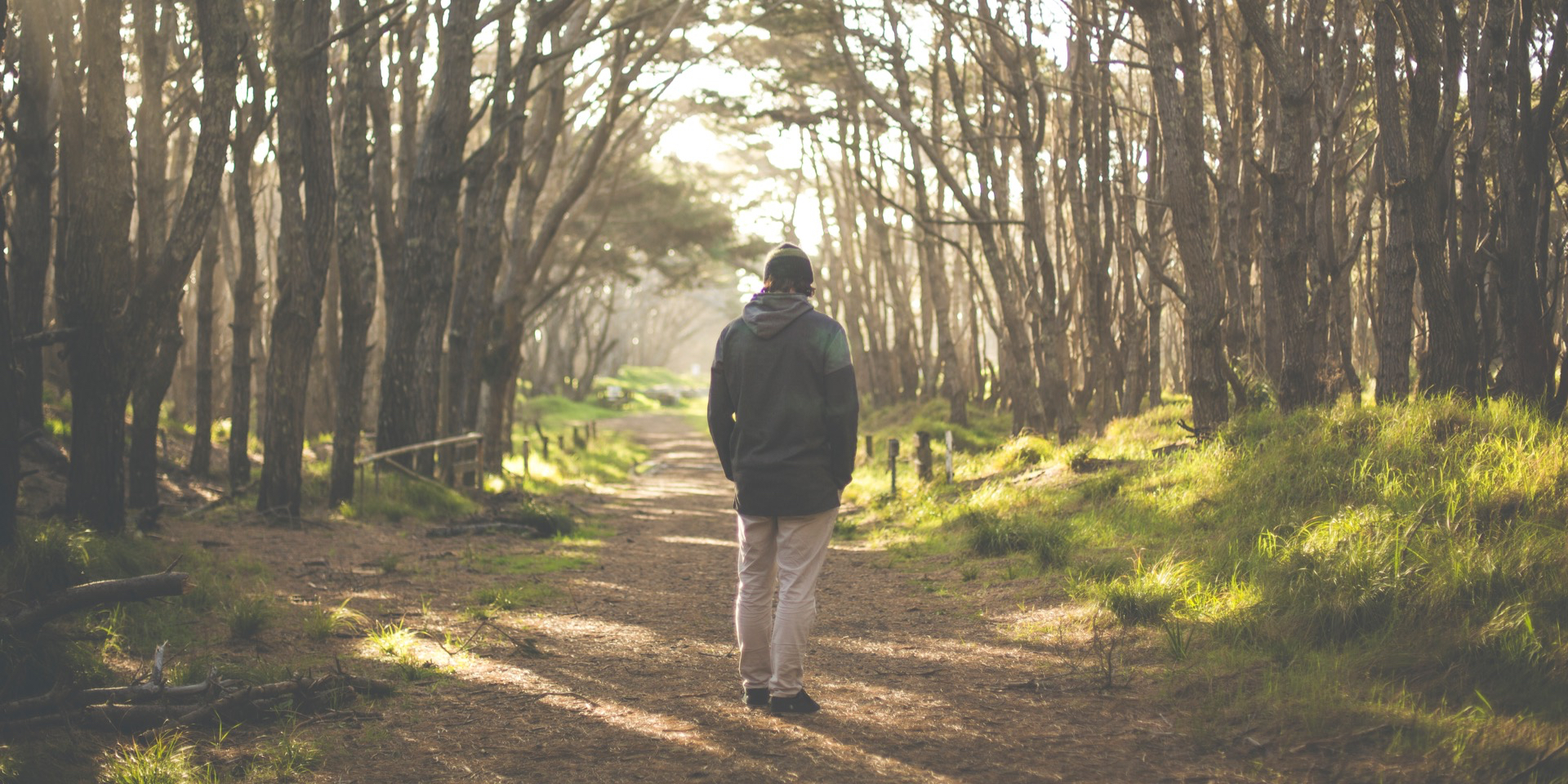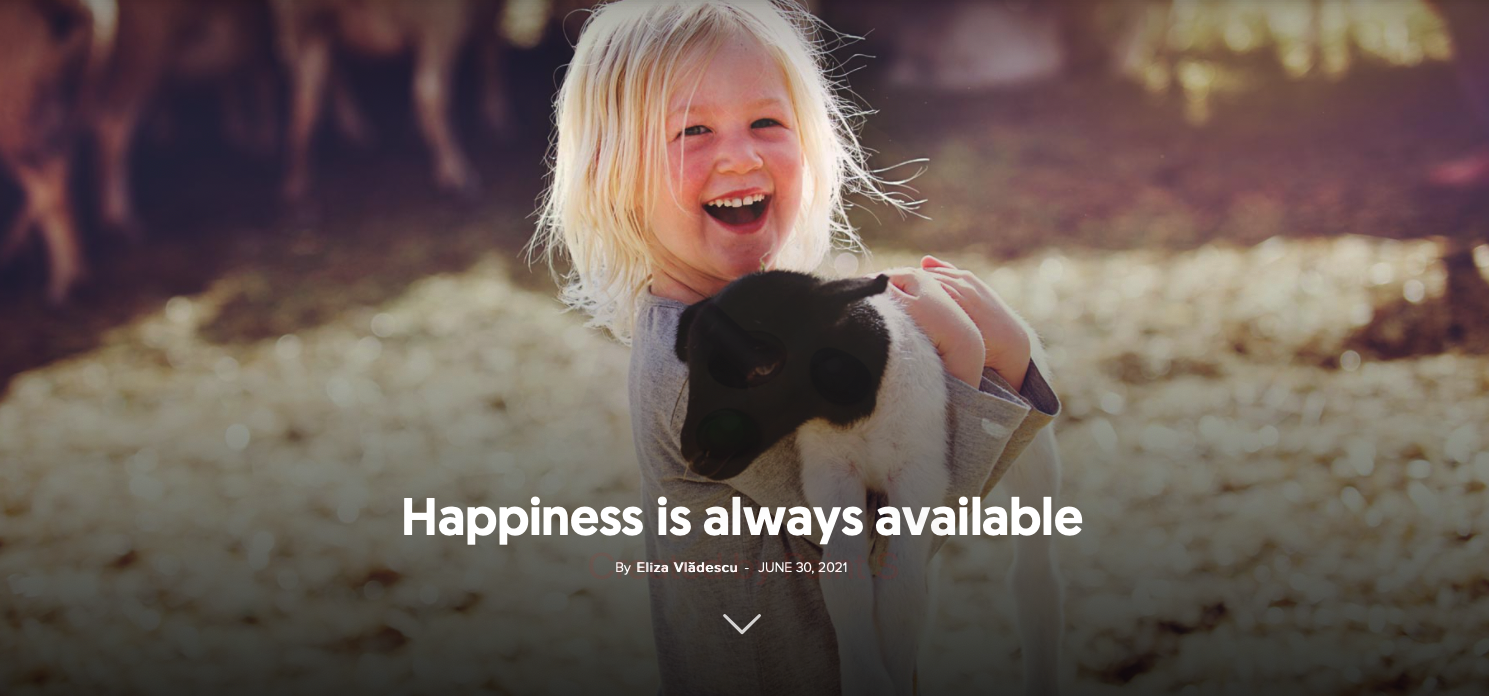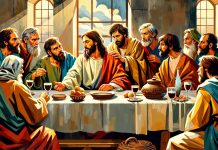The year 2022 was perhaps richer than previous years in events that affected the whole world.
We haven’t gotten over the trauma caused by the COVID-19 pandemic, or the fact that the planet has had to endure a serious energy and food crisis due to the military conflict in Ukraine, the direct and indirect effects of which are fuelling a new global economic crisis. Pundits, experts, and analysts have certainly had plenty to compile, analyse and interpret in 2022. Yet none of the events with a global impact in 2022 alone can explain the main driving forces in the society in which we live.
I try to observe the phenomena that take place on the street of my existence, and perhaps a little more widely. I try to look, as far as I can, at the world as a whole and at our life on this planet. I am one of those who do not feel the need to isolate myself from current events, although I do find that one of their most common characteristics is excess.
We often witness unnatural imbalances or excesses. Materialism has made the accumulation of wealth the primary concern of our lives. We are consumed by the ideal of abundance, believing that a utopia of abundance is supposed to guarantee our happiness. And I’m not just talking about the accumulation of material resources and goods or financial resources, but also all those trophies with a religious or spiritual connotation.
I feel that in this race we’re in with ourselves, it’s not really what we accumulate and how we do it that matters, it’s just having more and more. Most often it is only when we have or do something in excess that we feel that we have taken shelter, that we have provisions, that we are going to live better.
I confess that in the past I have fallen into this trap. As is often the case, the younger one is, the greater the risk of biting into the cheese set in the trap. Human beings have a natural tendency to indulge in certain overly repetitive experiences, especially if they promise miraculous solutions to inner problems.
Paradoxically, in our eternal search for a balanced life, we have actually acquired the unhealthy capacity to abuse ourselves more and more. Sometimes, we want to eliminate certain imbalances that are hurting us, but we end up replacing them with more refined, perhaps more harmful, but socially acceptable ones. Overeating and almost compulsive dieting, the abuse of power at all levels, an excessive appetite for pleasure, working to exhaustion and the idolatry of success are just some of the consequences of this negative way we have often found to organise our lives and our emotions.
An old and current landmark
It is relevant to turn to a parable told by Jesus Christ. In the Gospel of Luke, chapter 12, the central hero of the parable is a rich man who had a field. That year the harvest had been considerably larger. The landowner decided to demolish the small granaries to make way for larger ones capable of storing the entire harvest.
The idea of over-accumulating was not only a bad idea, but, in Jesus’ assessment, a fatal one. For this man, it meant losing everything: “You fool! This very night your life will be demanded from you. Then who will get what you have prepared for yourself?” (Luke 12:20). Excessive hoarding equated to loss of soul. That night was dark indeed.
Jesus’ parable clearly points to the need for balance. It emphasises the need for inner calm, without excessive emotional overflow, without burning one’s rationality to the ground. Prudence is a virtue that is evocatively described in the sacred verses of the Bible: “Do not be overrighteous, neither be overwise—why destroy yourself? Do not be overwicked, and do not be a fool—why die before your time?” (Ecclesiastes 7:16, 17).
For me, balance means having the capacity for critical selection and synthesis—to avoid the toxic extremes of seemingly one-size-fits-all solutions, bringing together all the external and internal elements of my being to give them meaning and direction. For some time now, I have found it necessary and challenging to develop healthier emotional filters that can protect me from many of the external pressures. It’s a long process, but a necessary one.
I found that focusing exclusively on the intellect, on acquiring food for the mind alone, was not a wise path for me or for those around me. Intellectual development needs to be pursued alongside other important dimensions of being human. Spiritual growth is more likely to succeed if it is combined with the development of emotional intelligence. In addition, the content of our lives is shaped by external events and experiences. What happens to me from the outside is not fate or luck, but a new opportunity for growth, development, and self-overcoming.
Once on this path, I know that I will inevitably pass through the Valley of Baca. In fact, I’ve been to this stop before and learned to cry, but now I’m learning the lesson of not falling into the trap of endless lamentation. I understand that sometimes it is necessary to suffer, without falling into despair. But life’s journey has also taken me to sunny roads. I have often tasted joy and learned to do so without falling into hedonism.
This reflection is not a platitudinous exhortation to be lukewarm, to not really live life but to always be controlled to the point of unbearability. It is not a call for political correctness, nor a popular suggestion to learn to walk the tightrope. Rather, it is an invitation to look at things and life as a whole as an accumulation of factors, events, and experiences to be managed with composure. For life, by its very nature, is capricious, sometimes hot, sometimes icy. Nevertheless, all these elements form an ecosystem in which the human being is challenged to develop harmoniously. Only then does it all take shape, colour, and meaning, like in a Van Gogh painting.
If I were to try to distil the swirl of ideas and thoughts into a concise form, I would summarise what it means for me to be balanced in three statements:
- Being balanced means that I feel the need to understand as accurately as possible the value of the events (positive or negative) around me. I will neither deny nor underestimate the impact of suffering but try to give it as fair a place as possible in the bigger picture. At the same time, I will not exaggerate or magnify the moment of joy and pleasure, but will live it naturally, without absolutising it to arouse the envy of others less fortunate.
- Being balanced means learning to know the value of the people around me. It means knowing how to make those around me feel valuable without devaluing myself. It means enhancing their sense of self-worth without seeming fawning or two-faced, to give them the honest importance of which they are more or less aware.
- Being balanced means knowing and accepting my worth, and being valuable without devaluing others. It means using fine-tuning methods to discover my own importance without falling into the sin of pride. It is no coincidence that we are told that in order to love our neighbour, we must first love ourselves.
We therefore have a mission to fulfil. Once we are tired of hoarding in order to feel secure, we will have the chance to discover our vocation to give and to share. We will overcome our undesirable condition of being slaves to circumstances and excessive desires and become free people who can face every test and temptation with dignity, determination, and balance.
Mihai Miron is convinced that if we do not strive for balance, we cannot move forward with meaning in our lives. He has decided to write about what this means, beyond being just a slogan, with a look back at the year 2022.




















